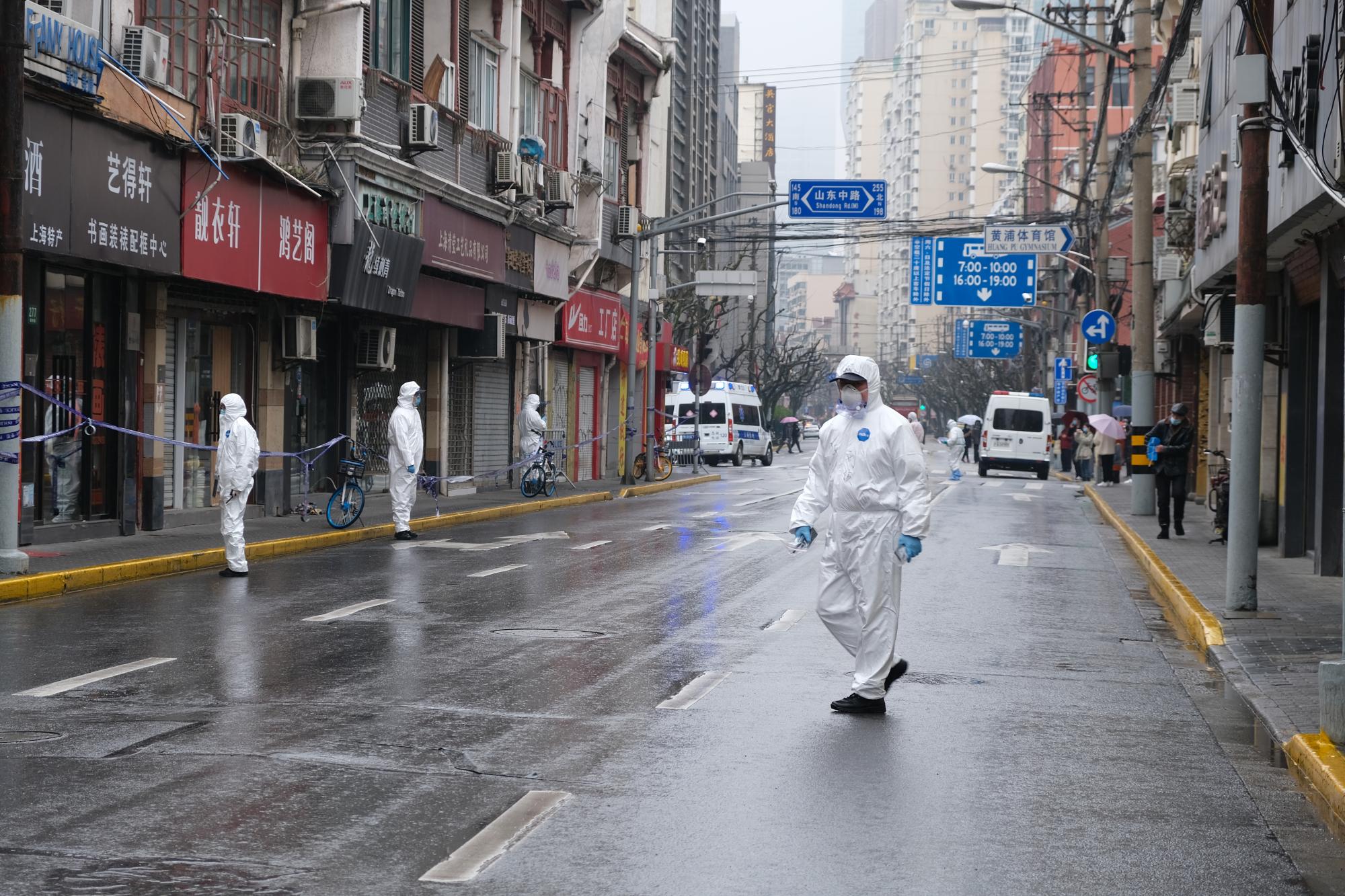Test- FTSE 100 Kicks Off August on a High as BP and Senior Lead Market Momentum
$11
10 Oct 2025, 13:13


Chinese cities from Wuhan in central China to Xining in the northwest are doubling down and tightening zero Covid measures. On Thursday, China reported a third consecutive day of over 1,000 new Covid cases nationwide, leading to the sealing up of buildings and locking down of districts.
China’s new Covid cases are relatively low compared to other counties. As of yesterday, Germany saw 78,900 new cases, Japan saw just over 50,000 and South Korea saw just over 40,000. But China’s standards remain strict. Guangzhou, China's fourth-biggest city by economic output and the provincial capital of Guangdong, sealed up more streets and neighbourhoods and kept people in their homes last week as areas were deemed high-risk.
Many see China’s zero-Covid policy as disruptive. As of 24 October, 28 cities were implementing varying degrees of lockdown measures, with around 207.7 million people affected in regions responsible for around 25.6 trillion yuan ($3.55 trillion) of China's gross domestic product, according to Nomura.
Wuhan has reported 20 to 25 new cases a day this week, and authorities have ordered more than 800,000 people in one district to stay at home until Sunday. In Xining, social media posts showed food shortages and rising prices for essentials. "To reduce the risk of transmission, some vegetable and fruit stores have been closed and put under quarantine," said a Xining government official. Other cities trying to curb rising cases and implementing stricter measures include Zhengzhou, Datong and Xian.
Universal Resort theme park in Beijing temporarily closed as there were 19 reported symptomatic infections in the capital. The park, which is part owned by US Comcast, did not say when it would reopen but pledged to refund or reschedule tickets. Beijing has so far avoided a full lockdown but last week many housing estates and shopping centres were locked down due to a steep rise in cases.
Reuters analysis argues that “China's strict "zero-COVID" policy of constantly monitoring, testing and isolating its citizens to prevent the spread of the coronavirus has battered the country's economy and manufacturing sector. Signs of weakening global demand are also weighing more heavily on export-oriented manufacturers.” Profits at China’s industrial firms fell at a faster rate in the January to September period as the COVID lockdowns and a property crisis weighs heavily on factory production. Firms are struggling with weak demand, high costs, and a fledgling global economy.
According to data from the National Bureau of Statistics (NBS), industrial profits fell 2.3% in the first nine months of 2022 from a year earlier, after a 2.1% drop in the January to August period. A senior NBS statistician said, “The recovery in profits faces challenges as some industrial firms with high costs and declining profits have difficulties in production and operation. In the future, China will focus on the development of the real economy, efficiently coordinating COVID-19 prevention and control and economic development, in order to make a series of policy measures take effect.”
There are no standalone figures for August and September yet, but the NBS said that the decline in profits at industrial firms in September narrowed by 6 percentage points compared with August. The Shanghai Industrial share sub index is down almost 20% so far this year. Other notable figures, as reported by Reuters, include:
(Sources: Reuters, BBC News, Worldometers)